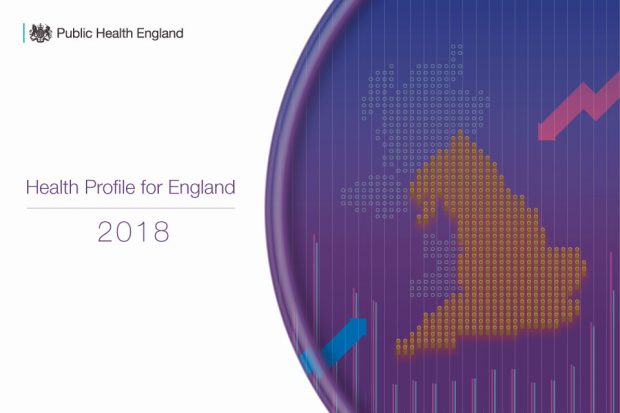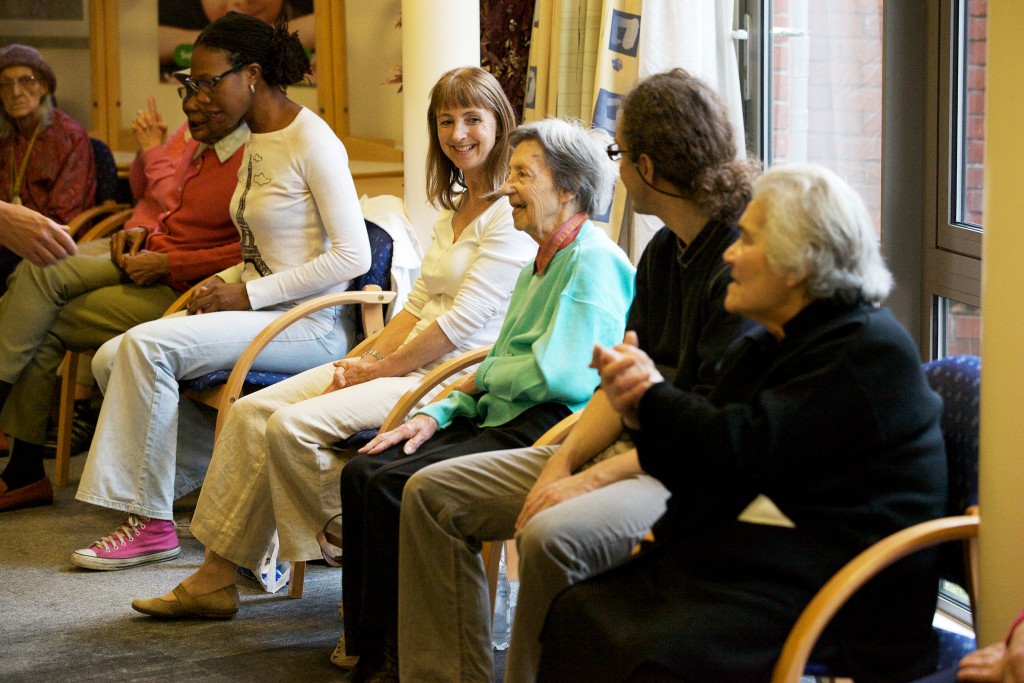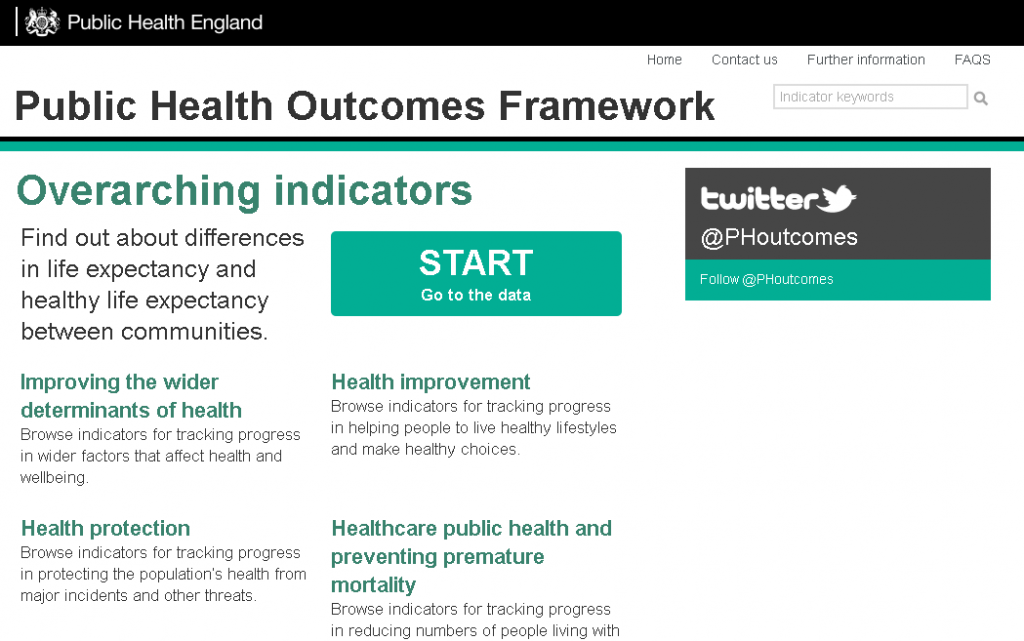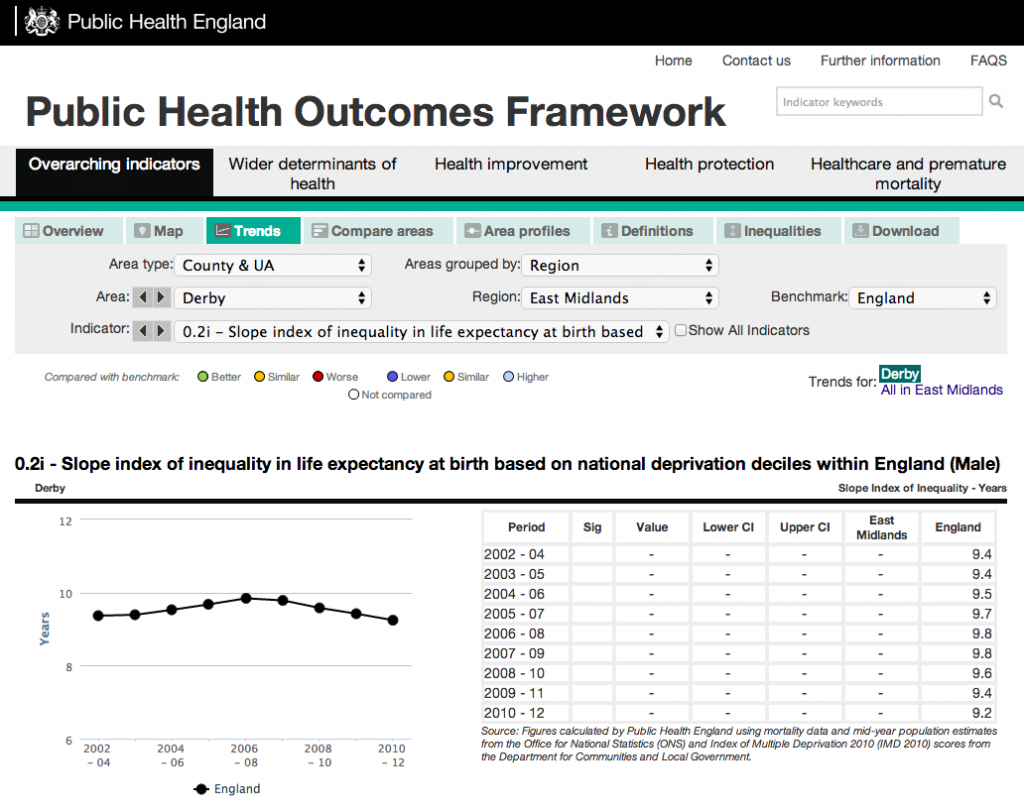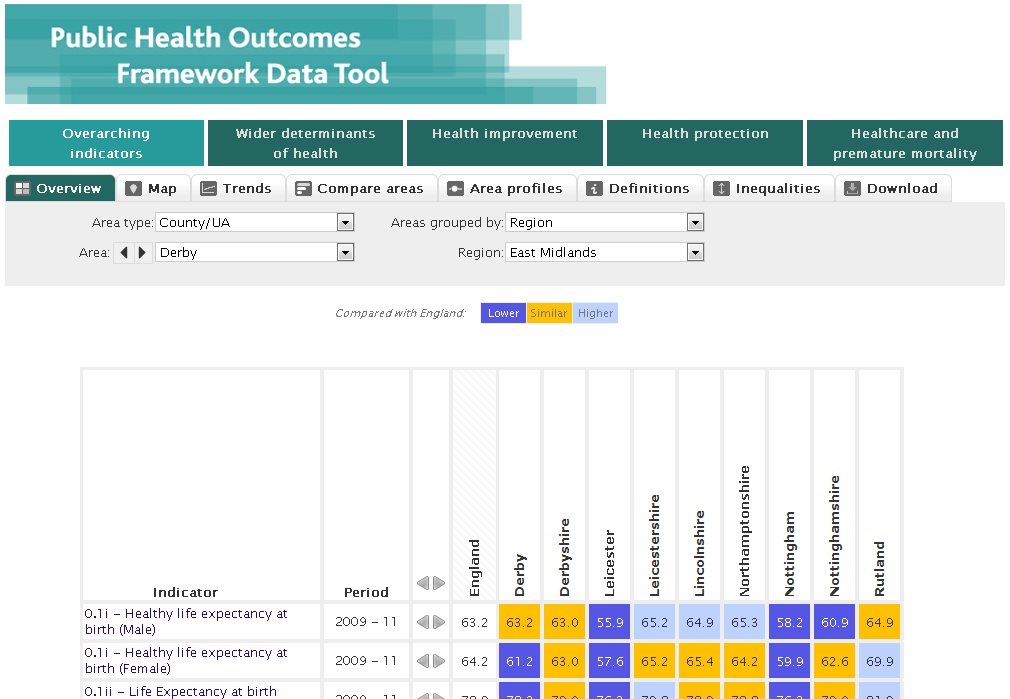What the Health Profile for England shows us about the wider impacts of COVID-19 on health

Today we have published the Health Profile for England 2021 report. The Health Profile for England report provides the most comprehensive look at the state of the nation’s health. Like in previous year’s reports, this update looks at a range of population …


